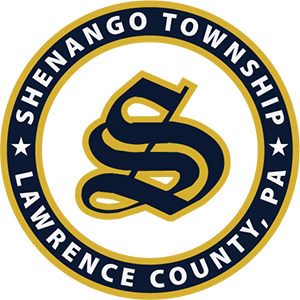Sustainable Shenango
Sustainable Pennsylvania Community Certification
Funds for capital-related borrowing are not used for day to day expenses.
Obligations for pensions/other post-employment benefits are funded for the long-term to at least 80%.
Civic engagement, public participation and transparency are regularly assessed and facilitated.
Municipality is an active participant in a Council of Governments.
The municipality is committed to passing a resolution (within six months of enrolling) to affirm participation in the Sustainable Community Essentials Certification Program.
Professional development for municipal personnel and officials includes participating (at a minimum, per year) in quarterly Local Government Academy, PA DCED or other professional training association programs.
Newly elected officials participate in Local Government Academy or other orientation training for public officials.
The municipality and local public schools cooperate to share facilities and other resources.
Municipality has or is in the process of retrofitting street lights and traffic signals to LED bulbs.
Staffing is in place sufficient to enforce building and maintenance codes.
Trails for walking and bicycling are being developed or maintained.
Waste and recycling ordinances and regulations are in compliance and enforced per Act 101, or if not a mandatory-Act 101 municipality, a municipal recycling program is conducted.
There is a curbside and/or drop-off recycling program.

